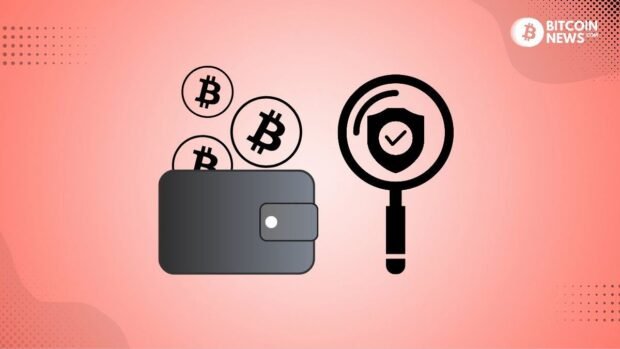When it comes to Bitcoin, understanding the different types of wallets is essential for ensuring the security and effective management of digital assets. Among these, the watch-only wallet stands out as a valuable tool. You may have wondered what is a watch-only wallet? This unique type of wallet allows users to monitor their funds without the inherent risks associated with internet connectivity.
Related reading: Everyone’s a Scammer
What is a Watch-Only Wallet?
Watch-only wallets operate by importing a wallet’s public key without the corresponding private key. The public key serves as a digital address that allows users to receive and view transactions, but it cannot be used to spend or transfer funds. This distinct feature makes watch-only wallets ideal for safeguarding bitcoin holdings while maintaining visibility into transaction activity.
Related reading: AI Scams Are on The Rise: Here’s How to Protect Yourself

The Essence of Public and Private Keys
To grasp the concept of a BTC watch-only wallet, one must first understand the fundamental elements of a bitcoin wallet: public and private keys. A public key, akin to a mailbox’s address, is what you share with others to receive funds. In contrast, a private key is like the key to that mailbox – it should remain confidential and is used to authorize transactions.
Hot and Cold Storage: A Comparative Overview
Bitcoin storage can be broadly classified into two categories: hot and cold storage.
Hot storage refers to wallets that are connected to the internet, offering convenience and quick access for transactions. However, this convenience comes at the cost of increased vulnerability to online threats. If it is connected to a network then it runs the possibility of being hacked.
Cold storage, on the other hand, is akin to a vault. Cold wallets are not connected to the internet or other networks. Having a cold wallet involves keeping your private keys offline, significantly reducing the risk of cyber-attacks and unauthorized access.
After creating a watch only wallet, it can be used to prepare raw transactions. This wallet that is connected to the internet and contains only the public addresses. Then the raw transaction could be moved to the cold wallet by means of a USB flash drive or QR codes, and signed using the private keys. The signed transaction is then brought back to the watch only wallet and broadcasted onto the Bitcoin network.
Such a practice keeps the private keys safe and offline.
The Role and Importance of Watch-Only Wallets
A watch-only wallet offers an enhanced layer of security for Bitcoin enthusiasts. While cold storage wallets provide superior security compared to hot wallets, they cannot prevent physical theft of your seed phrase.
A watch-only wallet enables you to monitor your bitcoin balances and transactions without exposing your private keys to online threats, allowing you to swiftly detect any unauthorized activity. This functionality makes it an invaluable tool for secure monitoring of your bitcoin holdings.
Even if someone gains access to your watch-only wallet, they will only be able to view your bitcoin balance, not steal your funds. Furthermore, encrypting your wallet can add an extra layer of protection. Bitcoiners should always strive to enhance their security measures, and using a watch-only wallet is an excellent way to balance security with convenience.
Related reading: Overview of Non-Custodial Bitcoin Wallets
Why Keep Private Keys Offline?
The sanctity of private keys cannot be overstated. These keys are the only gateway through which one can access and control their funds.
Keeping private keys offline, a practice central to cold storage, is the most effective way to safeguard one’s assets from online threats, including hacking and phishing attacks. By isolating these keys from the internet, they remain shielded from unauthorized access and cyber theft.
Thus, a watch-only wallet is a vital component for Bitcoiners eager to have a secure way to monitor their assets. By leveraging the advantages of watch-only wallets, users can enjoy the benefits of Bitcoin while minimizing their exposure to online risks.
Related reading:












